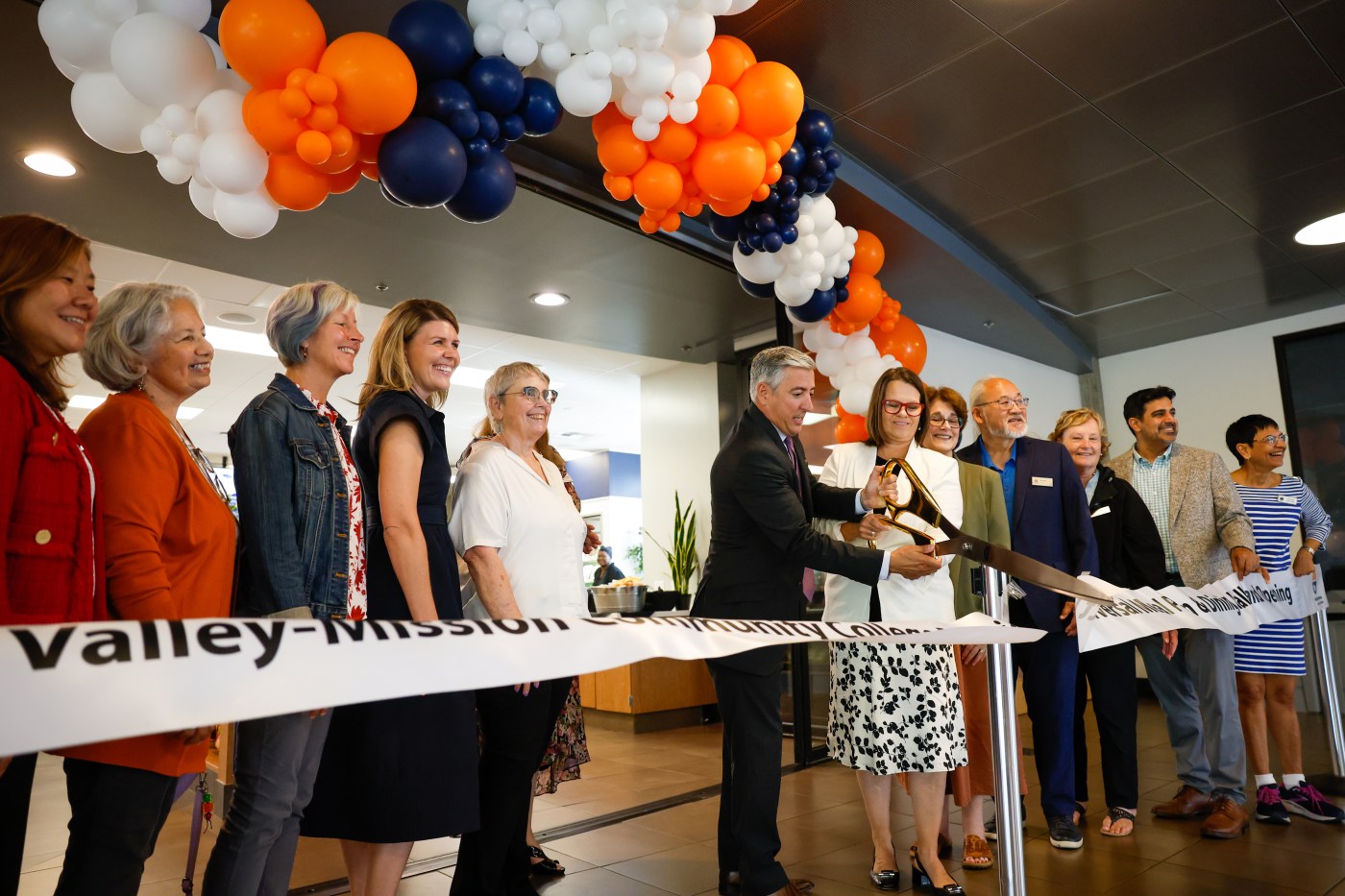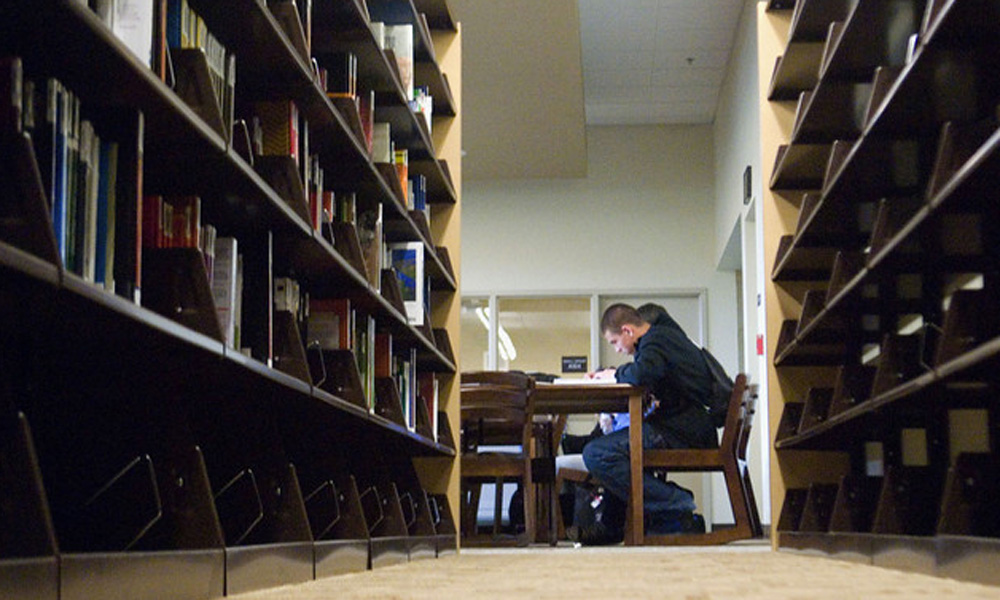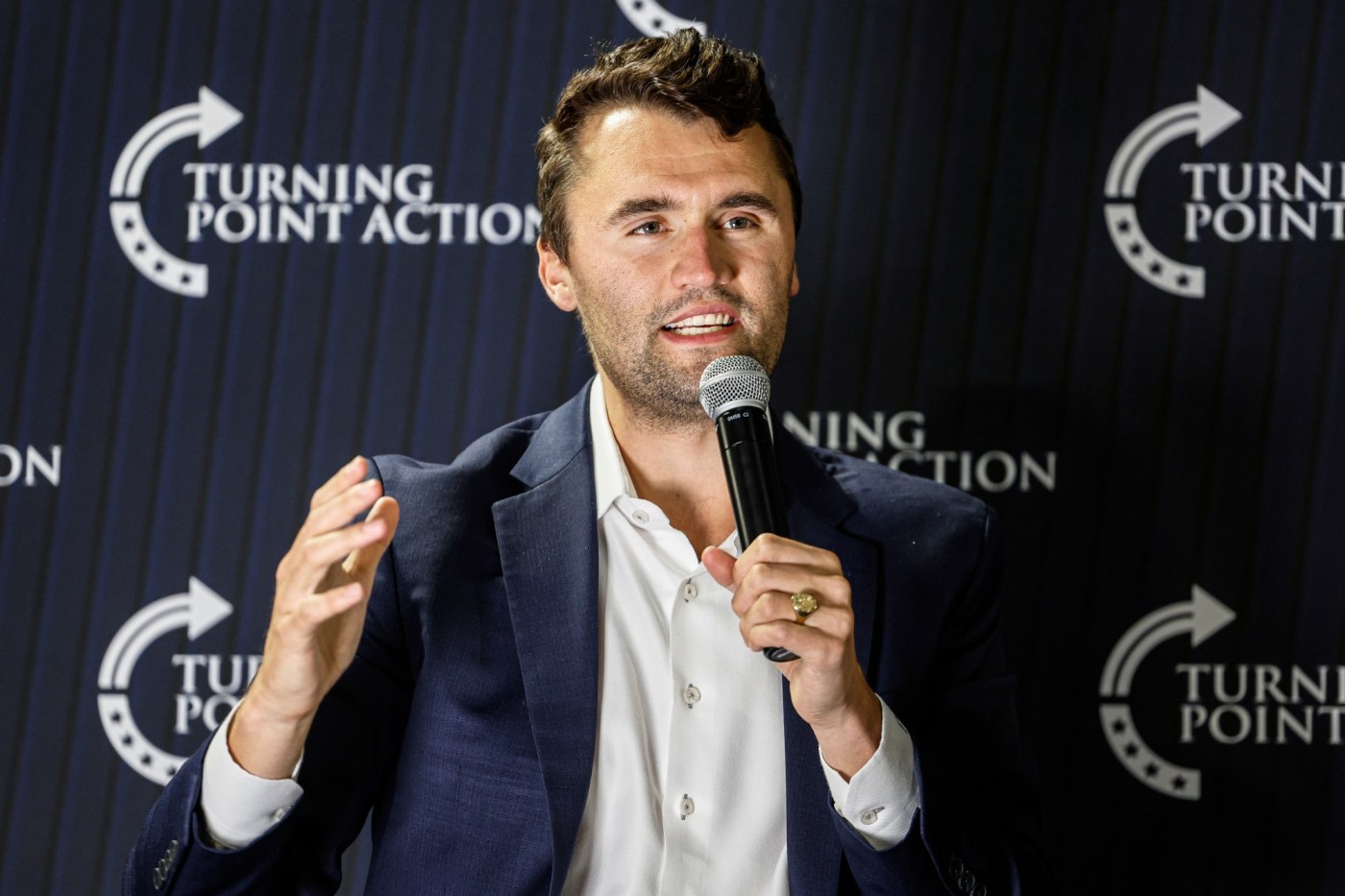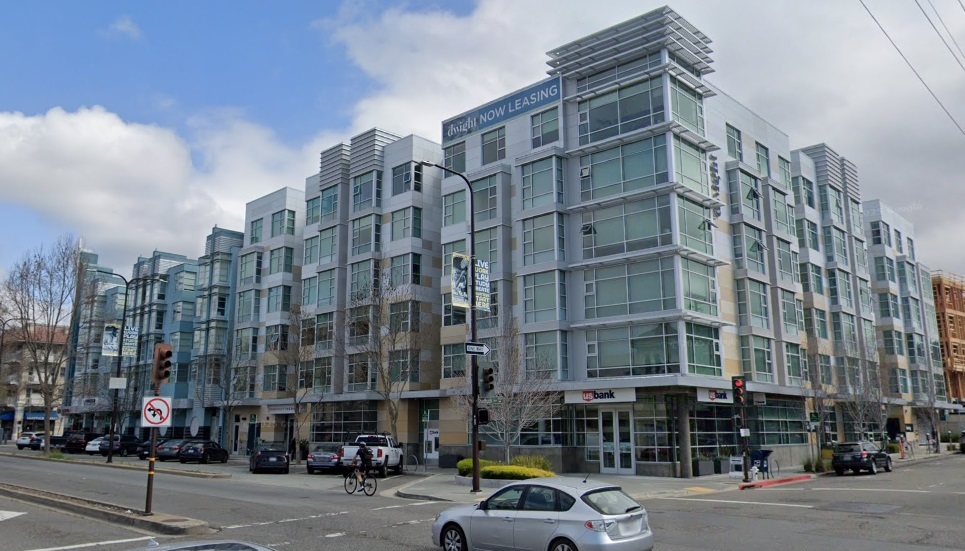West Valley College unveiled its universal free meal program with a ribbon-cutting ceremony for the campus’s newly renovated cafe on Tuesday afternoon.
West Valley-Mission Community College District and Thomas Cuisine are partnering to provide the nation’s first universal meal program at a U.S. community college, according to Chancellor Bradley Davis. He clarified that their program applies to every student and provides multiple freshly prepared meals per day, while other colleges offer a single meal or only provide free meals to a number of students that are most in need.
Related Articles
Elias: Lawsuit threatens California schools’ U.S. grants to help Latinos
California passes bill requiring parents be notified when immigration enforcement is at school
Shooting in Minneapolis is the latest carnage at a US school or college over the past 25 years
UCLA’s White House talks snarled in Gov. Newsom’s fight with Trump
A life reclaimed: From incarceration to UC Berkeley
“We flat out refuse to let things like the cost of tuition, the cost of childcare, heck, even the cost of parking be barriers for our students,” Davis said during the ceremony. “And when we asked the students at West Valley-Mission, ‘What is the one thing that will make the biggest difference to you?”, 2,000 of them said, ‘We need help with food insecurity.’”
The community college district is working with food service management company Thomas Cuisine to provide every in-person student at least one fresh, nutritious meal per school day for free starting this fall. The program launch was accompanied by the opening of new cafes and dining halls at West Valley and Mission colleges.
At West Valley College, the cafeteria was upgraded with plush seating and communal dining tables. Davis said the space used to be the student campus center, which held the campus bookstore, cafeteria and an empty conference room. Since the bookstore was moved online, the space was vacant for four years, Davis said. Student feedback led to to the college redesigning the cafe with more seating, and the bookstore was turned into a cafe that serves free drip coffee for students. Since the renovation, Davis said the place has been “packed every single day.”
“Students told us that they wanted a more relaxing environment where they could spend time with colleagues and relax on comfy furniture,” Davis said.
The cafe renovations cost $2 million for both colleges, Davis said, and were paid for by local property taxes and completed in just 74 days. He said it costs the school district $2.5 million to $3 million per year to fund the food program for students, which comes from the district’s general budget.
“We’re able to do that by being really careful in terms of managing the availability of food around student schedules, making sure that we’re open at the hours that they’re here,” Davis said.
Samantha Depew, district manager for Thomas Cuisine, said the company was drawn to working with the community college district because of the people they had met, like Davis and his chief of staff Cade Story-Yetto, who worked closely with Davis to address food insecurity on the campuses. Thomas Cuisine was chosen by the district out of 24 other food service management companies.
Depew said Thomas Cuisine’s food is almost completely made from scratch, including the sauces. However, they outsource their bread and pastries from local bakeries like SF Fine Bakery. Thomas Cuisine also provides food to senior living facilities, hospitals and grade-level schools, but this is the first community college they’ve partnered with, Depew said.
Several other local officials made an appearance at the ceremony and even spoke at the event, including Saratoga Mayor Belal Aftab and Santa Clara County Supervisor Margaret Abe-Koga. The latter highlighted the importance of the district’s universal free meal program due to federal budget cuts to social programs, like Section 8 and financial aid for higher education students.
“One of the cuts that we are experiencing at the county is cuts to our food nutrition programs, our supplemental nutrition assistance program, so honestly, that does mean that we are expecting to see more people hungry and more people in need of food assistance,” Abe-Koga said, adding that she was “so proud of our community” for helping bridge the gap.





